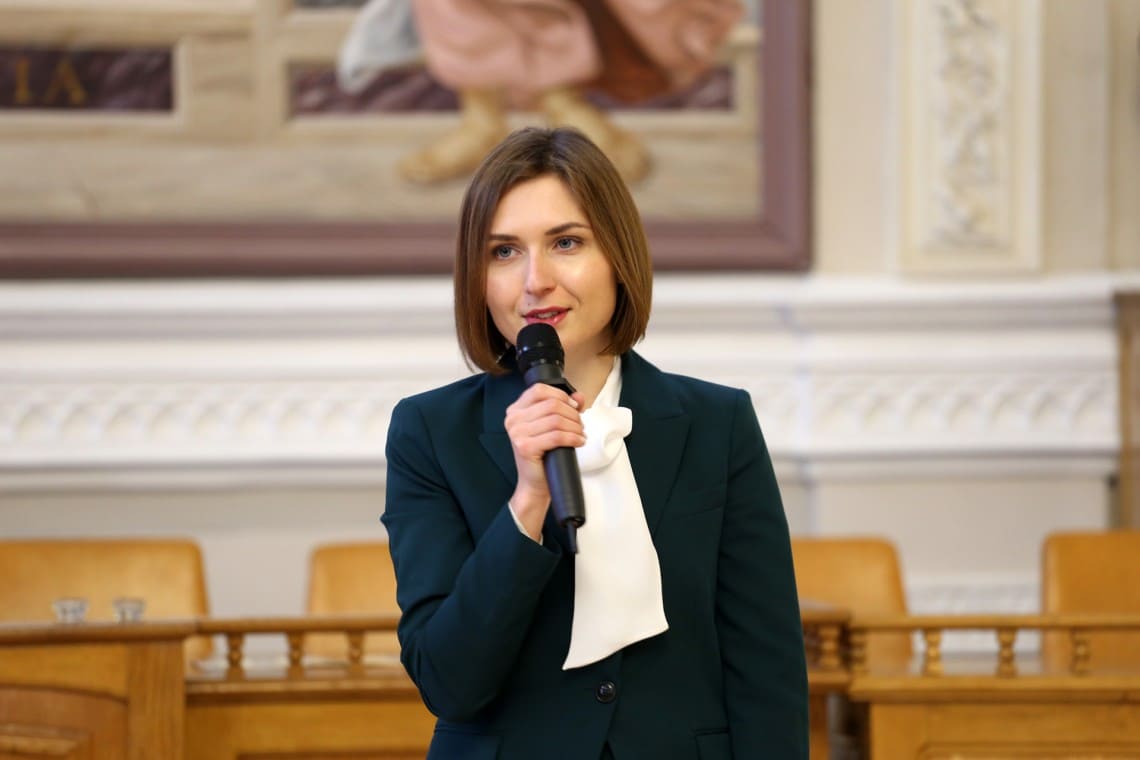After the Cabinet was restarted, the post of Minister of Education remained vacant. Finding a new headman or a headman is not an easy task.
There are three main reasons.
First, education reforms, in particular the NUS, are one of those that have received a consensus in society and are backed by significant budgetary and international donors and competent management steps.
Trying to twist it backwards means jeopardizing the reputation of the entire Kambin, since over the past five years, there has been a certain perception and level of expectations about the education department.
Secondly, with the formation of the directorates, a fundamentally new cohort of civil servants appeared. Successor / Lilia Grinevich and Anna Novosad will need to establish a common language with them.
Thirdly, it is necessary to agree and establish productive work with the relevant parliamentary committee. Without fulfilling these basic conditions, the results that are critically needed to stay in the chair seem impossible. Therefore, the head of the Government has a relatively small range of choices: 1) to try to find a candidate on the principle of loyalty and management; 2) conduct a series of consultations with the expert and professional environment.
In either of these options, you must have a list of criteria. There are seven key criteria that should be addressed in the shortlist of candidates:
- Reputation. Given the challenges facing the educational sector and the amount of transformation required, the Head / Ministries need to have significant social capital and a significant credibility of the professional environment, which also implies the confidence of most stakeholder groups in his / her integrity, affiliations, and constructive intentions. etc.
- High level of strategic management skills. First of all, it is about being able to manage complex processes, not just commanding people. Of course, this is unlikely to be possible without strategic thinking, a sense of responsibility to the next generations, a long-term strategic vision, an understanding of the gravity and continuity of the processes and a willingness to defend the constructive endeavors of the previous MES team, as they will be actively supported by international structures and public initiatives that have already made significant contributions. efforts in this area. Also important is the ability to view the situation from multiple perspectives, to identify and weigh strategic dilemmas, to understand the interests of key stakeholders; Ability to differentiate between governance, management and operational management, and resort to the latter; Ability to show empathy, understand the needs of the communities targeted.
- Transformational leadership. Ability to feel confident in complex circumstances, manage multiple scenarios, and make unpopular decisions aimed at irreversible change, while at the same time fully utilizing your ability to manage change, as well as involving key stakeholders in the decision-making process.
- Contractual capacity. Willingness and ability to conduct reasoned dialogue, reach agreement through negotiation, without slipping into compromises.
- Ecosystem. Understanding the nature and value of such a phenomenon in the modern world as an ecosystem; To be ready to support ecosystems with the participation of already established NGOs, to develop them and to attract new initiatives.
- International experience. Study or project work abroad and understanding of international trends, tools and approaches in the education of children and adults; Working contacts with international organizations, ability to be an active and influential player in global forums, inter-ministerial meetings and negotiations.
- Fluent in English. It is an opportunity to speak directly with colleagues-ministers of other countries, partners from international structures, to navigate independently in the tendencies of the development of education. Reduce the time needed to make the necessary decisions.
Mykola Skiba, expert at the “Education” department of UIF


Вам також буде цікаво:
Romanenko about the tragedy in Kemerovo “The millstone of heartlessness can be overcome only by the culture of thought”
INTEGRITY IN UKRAINIAN EDUCATION: EQUATION IN MANY UNKNOWNS
Position on the draft of the Law of Ukraine “On the Constitutional Court of Ukraine» № 5336-1
Deportation of Saakashvili: any decision spoils execution
Volodymyr Shulmeyster: this year about 35 billion UAH will be allocated to roads
Financing of Higher Education: Formula of Stagnation